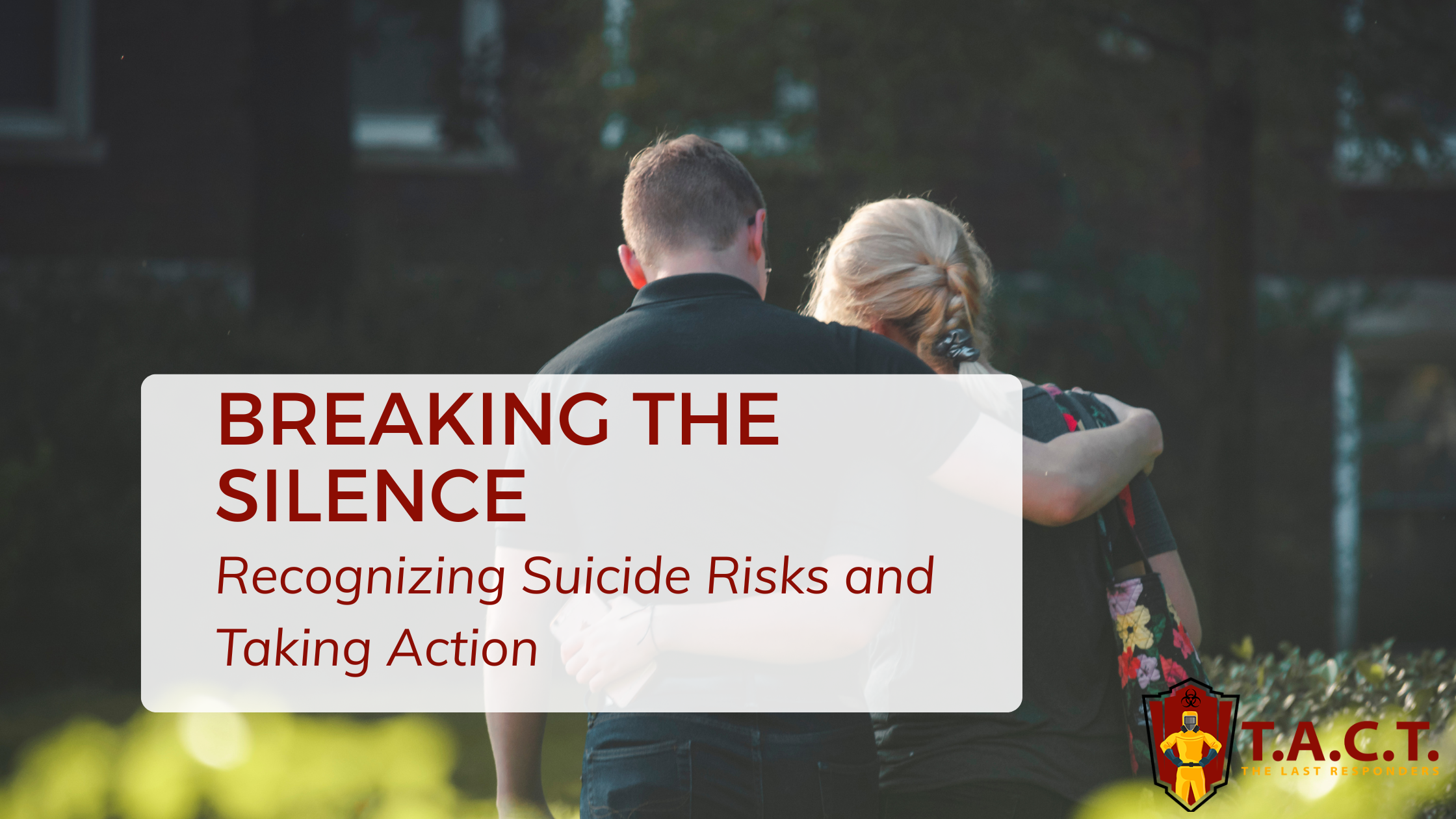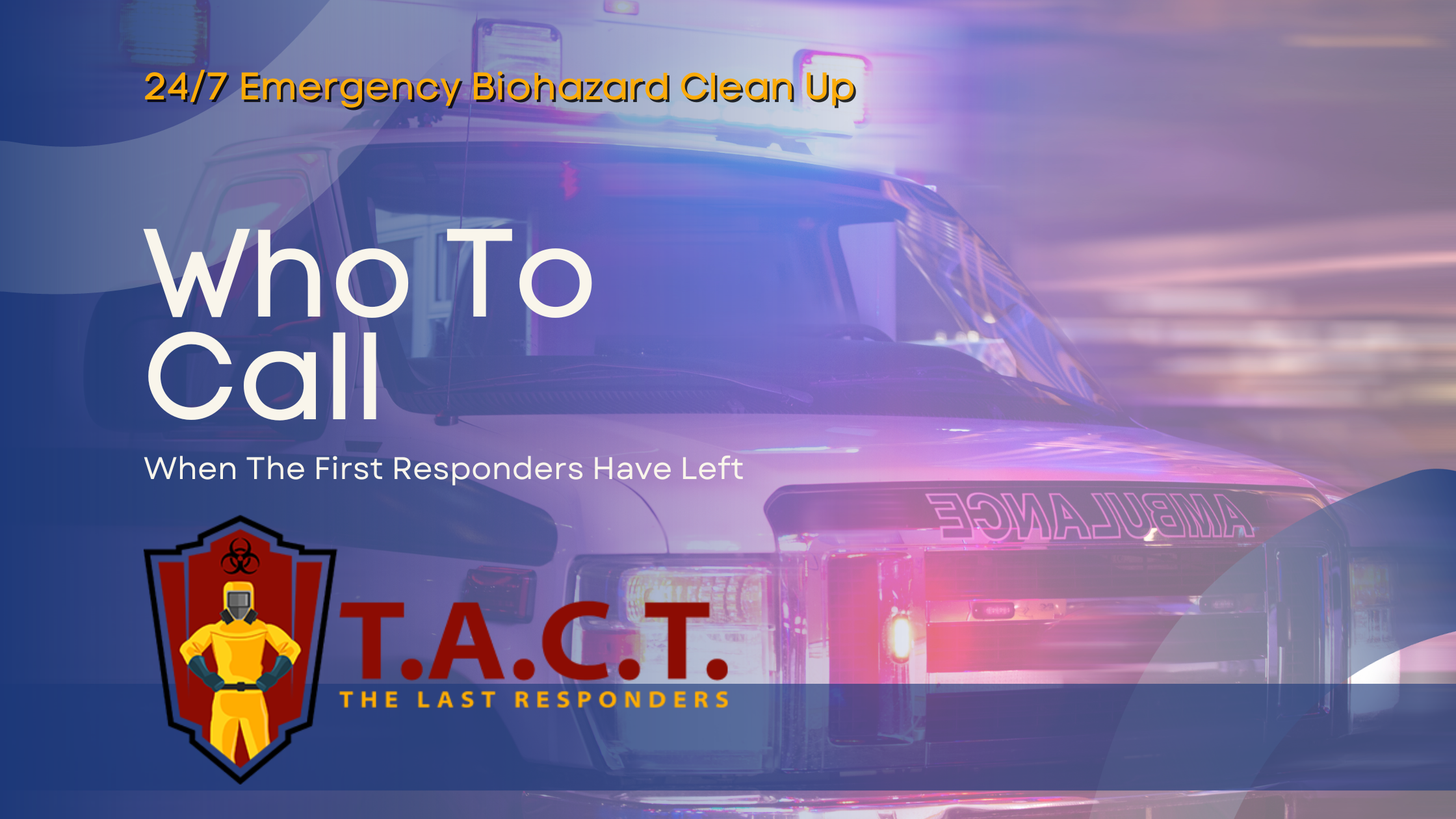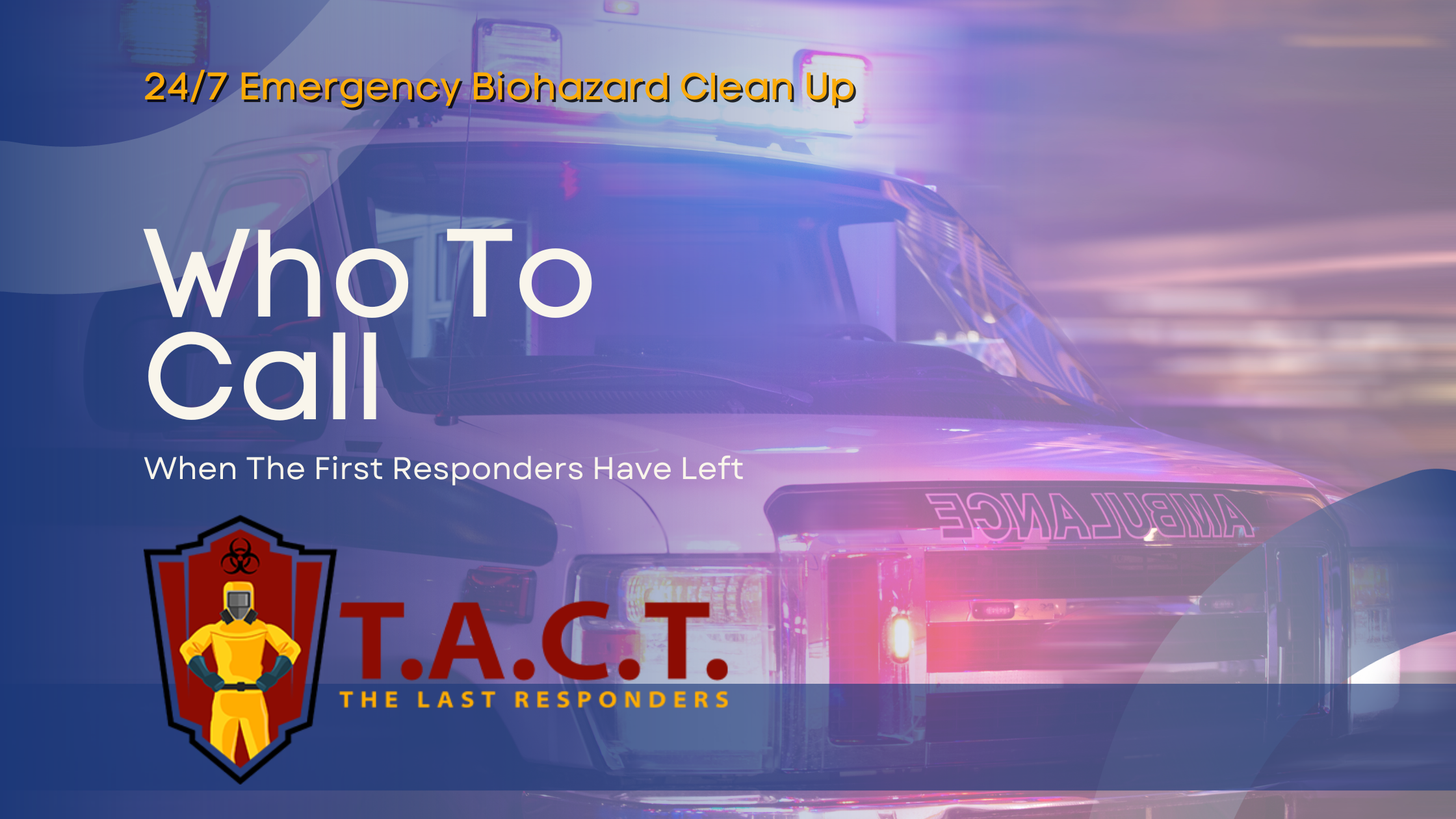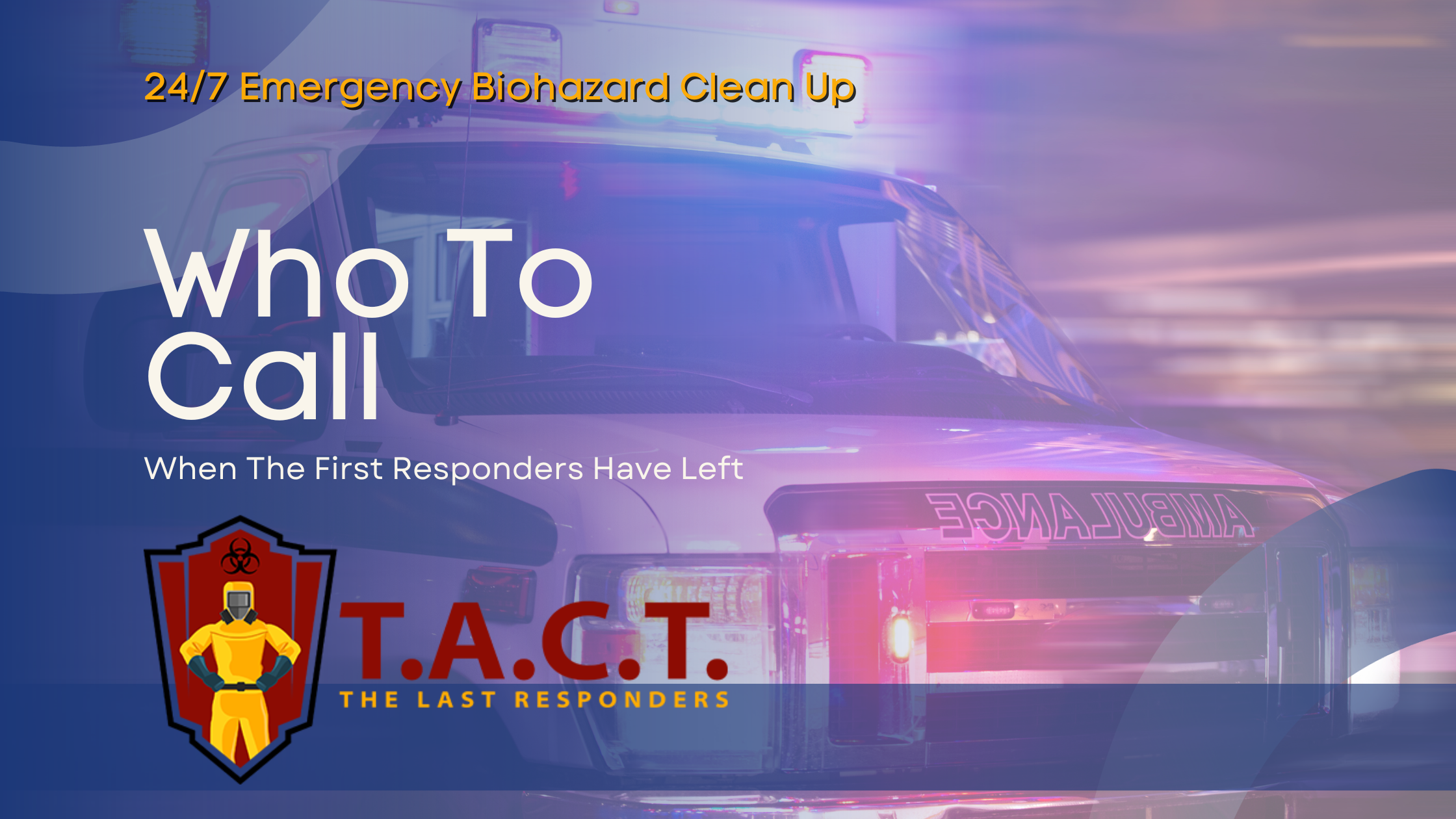Breaking the Silence: Recognizing Suicide Risks and Taking Action

Suicide is a difficult and often taboo topic—one that few want to discuss, yet most have been touched by in some way. Whether you’ve lost a loved one or know someone who has, the pain left behind is deep and lasting. Suicide is both tragic and traumatic, made even more heartbreaking by the fact that it’s often preventable.
July: A High-Risk Month
Statistically, July is the month with the highest number of suicides among both males and females across all age groups. While the reasons are complex and vary from person to person, this time of year can bring added stress, feelings of isolation, and mental health challenges that often go unnoticed.
That’s why it’s so important to recognize the signs, check in on those around you, and know how to take action—whether you’re supporting someone else or struggling yourself.
Suicide Warning Signs
Not everyone shows clear signs before attempting suicide, but many people do exhibit behaviors that may indicate they’re in distress. Some common warning signs include:
- Talking about wanting to die or expressing hopelessness
- Withdrawing from friends, family, or favorite activities; self-isolating
- Changes in eating or sleeping habits
- Increased use of alcohol or drugs
- Acting anxious, agitated, or reckless
- Saying goodbye or giving away prized possessions
- A sudden sense of calm after a period of depression
Ways to Intervene
If you notice someone showing warning signs, don’t wait. You don’t have to have the perfect words—just showing up and showing you care can make all the difference. Sometimes the smallest act of kindness can change someone’s mind. Here are a few steps you can take:
Ask Directly
Don’t be afraid to ask the hard question:
“Are you thinking about hurting yourself?” or “Are you thinking about suicide?”
It might feel uncomfortable, but asking directly shows that you care and are not afraid to talk about the truth of what they’re feeling. Research has shown that asking this question does not increase the risk—in fact, it can be a lifeline. It gives them permission to be honest and opens the door to a real conversation.
Listen Without Judgment
Once someone begins to open up, your job isn’t to fix their problems or offer solutions—it’s simply to be there and listen.
Let them speak freely, without fear of being criticized, dismissed, or talked out of their emotions. Try saying things like:
- “That sounds incredibly hard. I’m so sorry you’re feeling this way.”
- “I’m here for you. You don’t have to go through this alone.”
Avoid saying things like, “But you have so much to live for,” or “It could be worse.” These comments, while well-meaning, can feel invalidating.
Stay With Them
If you believe someone is in immediate danger of harming themselves, don’t leave them alone.
Stay with them physically or, if you’re on the phone or texting, keep the conversation going while you arrange help. Your calm presence—even if you don’t know what to say—can be incredibly grounding in a crisis moment. If needed, call 911 or a crisis line and let the professionals guide you.
Change of Environment
Sometimes, a simple shift in surroundings can help break the spiral of negative thoughts.
Invite them to go for a walk, grab a coffee, or take a short drive—something low-pressure and distraction-friendly. It’s not about pretending everything is fine; it’s about creating a safe space for connection and maybe introducing a moment of relief. This small act can remind them that life still contains simple joys and moments of peace.
Help Them Connect
Offer to help them reach out to someone who can support them professionally. That might be:
- A mental health counselor or therapist
- A clergy member or spiritual advisor
- A suicide or crisis hotline
- A local ER or urgent care facility
If they’re unsure or afraid to make the call, offer to sit with them while they do it—or make the call together. Your support in that moment could be the thing that gets them to take the next step toward healing.
Tell Someone
You don’t have to carry this alone—and neither should they. If you’re worried about someone’s safety, let someone else know. A family member, roommate, or mutual friend may be able to step in, follow up, or offer additional support. You’re not betraying their trust—you’re acting out of love and concern. Getting others involved can build a network of support that makes all the difference.
Follow Up
Check in a day or two later. Send a message. Make a call. Invite them to hang out again.
Even if they seemed “fine” the last time you spoke, consistent follow-up reminds them that they matter and that someone genuinely cares.
Simple texts like:
- “Thinking about you today—how are you doing?”
- “Want to grab a coffee this week?”
can go further than you realize.
If You’re the One Struggling
First, please know this: you are not alone.
No matter how dark or overwhelming things feel right now, there is hope. Things can and do get better—even if it doesn’t feel that way today.
You don’t need to have all the answers. You don’t need to solve everything at once.
You just need to make it to tomorrow.
Suicide is a permanent solution to a temporary problem. And even though the pain may feel endless, it will pass. There are people who care about you—people who want to help.
Reach out to someone. A trusted friend. A family member. A crisis line. You don’t have to go through this alone.
Your story matters. You matter.
The odds of any one person being born are estimated to be about 1 in 400 trillion.
That means your life—your existence—is nothing short of a miracle.
The world is better with you in it.
Resources
If you or someone you know is in crisis, please don’t wait:
- National Suicide Prevention Lifeline (24/7): 988
- Crisis Text Line: Text HOME to 741741
- Veterans Crisis Line: 1-800-273-8255 and Press 1
At T.A.C.T. Trauma and Casualty Team, we stand behind suicide prevention efforts and support our local law enforcement and first responders. As a biohazard cleanup company, we encounter the effects of suicide far too often. It’s a heartbreaking reminder of why these conversations—and moments of connection—matter so much. If we can help prevent even one loss, then speaking up is always worth it.
If you're dealing with cleaning up following a suicide, T.A.C.T. North Atlanta is here to help. We will arrive within minutes of your call, and quickly and discretely cleanup the space so that you can focus on what lies ahead.
T.A.C.T. North Atlanta provides 24/7 emergency biohazard decontamination services for residents and businesses in the local communities that we serve. We specialize in clean up from suicides, homicides, crime scenes, trauma scenes, undiscovered death, blood spills, bodily fluids, vehicle decontamination, odor removal, dangerous pathogens, decontamination, sanitizing, tear gas, drug labs, mold remediation, hoarding, rodent droppings, and specialized cleaning services that vary by location*.
We work with all insurance providers, are licensed, bonded, and insured. We handle your situation discreetly and empathetically. When you call T.A.C.T. for help, your call will be answered by an owner or manager, never a call center or answering service. Our technicians are certified and highly trained in the latest methods. If you are in need of emergency assistance to clean up following a traumatic event, call T.A.C.T. North Atlanta.
*Services offered vary by location



